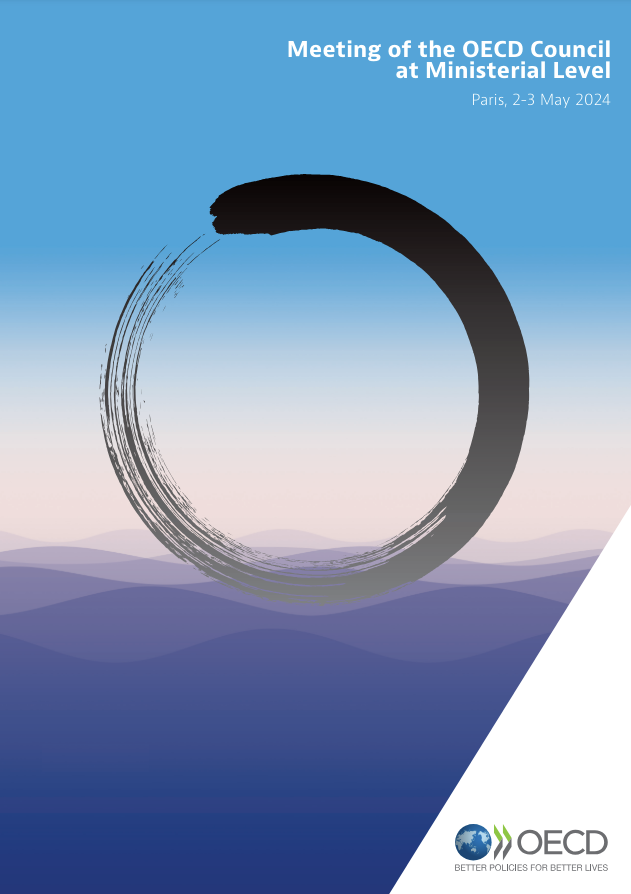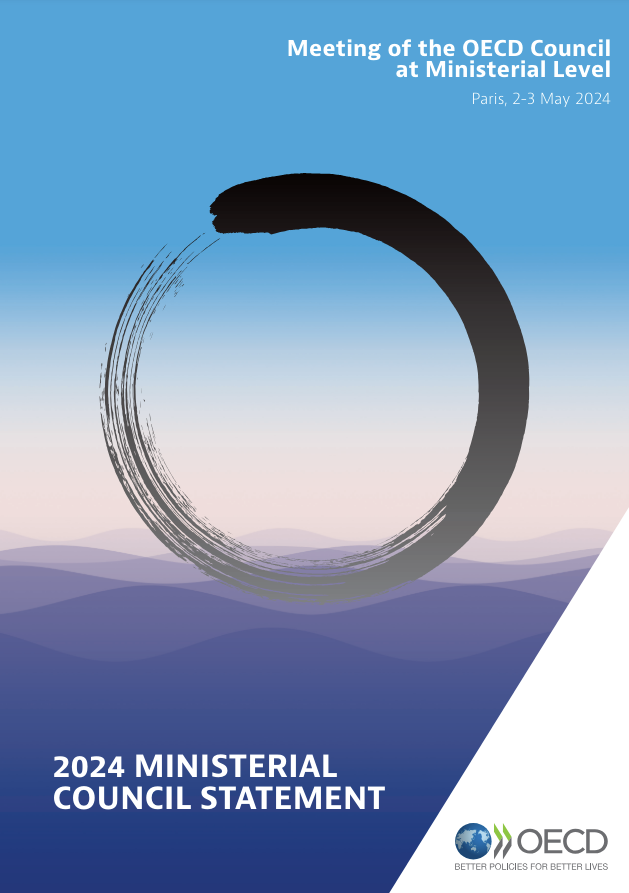Remarks by Mathias Cormann,
Secretary-General, OECD
Venice, Italy, 09 July 2021
Minister Franco, Governor Visco,
Ministers, Governors, colleagues,
It is my pleasure to welcome you to the second day of the 2021 Annual Conference of the Global Forum on Productivity.
We are honoured to count among our speakers today several Ministers and Central Bank Governors from G20 countries, who will share with us their vision on how we can better leverage the opportunities and benefits of the digital transformation of our economies as we seek to optimise the strength and the quality of our recovery from COVID-19.
Yesterday we had the opportunity to learn important lessons about the role of skills, diversity, managers and workers.
The main insight from the Global Forum on Productivity work on the Human Side of Productivity is that to raise productivity, investing in people is just as important as investing in capital.
Skills, demographic and cultural diversity as well as the right mix of workers and managers within businesses account for nearly one third of the labour productivity gap between medium- and top-performing firms.
We also learned that promoting workforce and managerial diversity – both by gender and cultural characteristics – can make important contributions to lifting productivity.
This illustrates well how the Italian G20 Presidency’s priorities of People and Prosperity go hand in hand.
While we heard that investing in people is important to narrow productivity gaps, firms also need investment in intangible assets such as innovation, data, software, design and distribution networks.
All of these are important enablers of the digital transformation because they complement all the key digital technologies, including artificial intelligence.
But intangible assets have characteristics that make their financing more difficult. They often require large and risky initial investments, while the difficulties in valuing such assets makes it difficult to use them as collateral.
The good news is that there is ample scope for governments to make policy choices to reduce the many obstacles which currently hamper the external financing of intangible investment.
In the short term, governments should ensure that stimulus packages are investment friendly when it comes to intangibles, for instance by converting loan guarantees into equity-like capital injections for large firms and converting debt to grants for smaller firms.
Secondly, policies should facilitate access to intangible financing. Direct government support for innovation can play an important role, often complementary to tax incentives, in narrowing the financing gap in intangibles, especially for newer firms lacking alternative financing sources.
And lastly, coordination at the international level for the development of common standards to better measure intangibles could help to reduce information asymmetries.
While this Forum focuses on the structural challenge of enhancing productivity, we must not forget that most countries around the world are still facing serious challenges related to the COVID-19 pandemic and that the fight to get on top of that virus is not over yet.
Public health strategies, the speed of the vaccine rollout, fiscal and monetary support, and the relative importance of hard-hit sectors such as tourism, hospitality and transport, are all factors driving differences between G20 countries when it comes to the strength of the recovery from the crisis.
Policy approaches must therefore necessarily be tailored to country-specific circumstances. Sharing of best practices and coordinated approaches is also very important.
The pandemic acted as a watershed for digital transformation by forcing a large segment of the economy to move online: the rise of remote work and e-commerce, and even the hybrid nature of this conference itself, are a testament to this.
However, the challenge is to make this a sustainable and sustained transformation to foster the opportunity for everyone to participate, benefit and get ahead.
Working together to address common challenges is at the heart of the G20.
When inaugurated at the Leaders level in 2008, the G20 was conceived as a crisis-response global ‘firefighter’, to help ensure a coordinated response to economic shocks, focussed on restoring growth, ensuring global financial stability, promoting resilience and keeping markets open.
After thirteen years, our responsibilities towards the global community remain unchanged.
If anything, they have become even broader and more pressing, given the need to foster the recovery and speed up the green transformation towards net zero carbon emissions.
All this is clearly reflected in Italy’s G20 Presidency priorities focused on People, Planet and Prosperity.
The OECD is pleased to support the G20 by providing its evidence-based expertise in different policy areas.
Notably, under the Italian Presidency, we continue to shepherd a global agreement on corporate taxation. Just last week, and after years of intense work and negotiations, members of our joint G20/OECD Inclusive Framework on Base Erosion and Profit Shifting (BEPS) reached a historical agreement providing a global solution to fair taxation of the digital economy, making sure digital and large businesses pay their fair share.
We have also provided the Framework Working Group with evidence-based policy research to inform a menu of policy options aimed at spurring growth and closing productivity and income gaps through digitalisation.
Under the Digital Economy Task Force, we are exploring how industrial policies can accelerate digital transformation in industry, in particular in small and medium-sized enterprises.
Under the Infrastructure Working Group, we are helping governments develop strategies to increase connectivity and ensure that digital infrastructures are future proof.
Finally, the OECD has launched a new International Programme for Action on Climate (IPAC) to support countries to implement the goals of the Paris Agreement, through a set of climate-related indicators, tailored recommendations and best practices.
We would welcome the participation of all G20 Members in this initiative.
Ministers, Governors, colleagues,
The OECD continues to stand ready to help the G20 achieve its goals. In particular, we will keep on trying to unlock the secrets of productivity growth to help foster investment and drive a private-sector led recovery.
Thank you.

